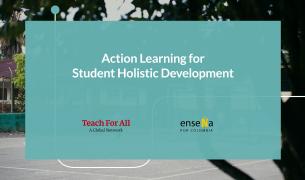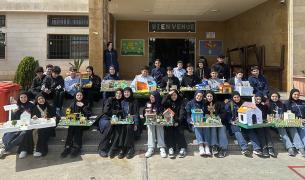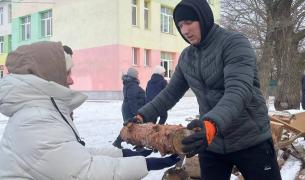Ensuring Continuity of Education for Refugee Students: A Teach For Kenya Fellow’s EiE Journey
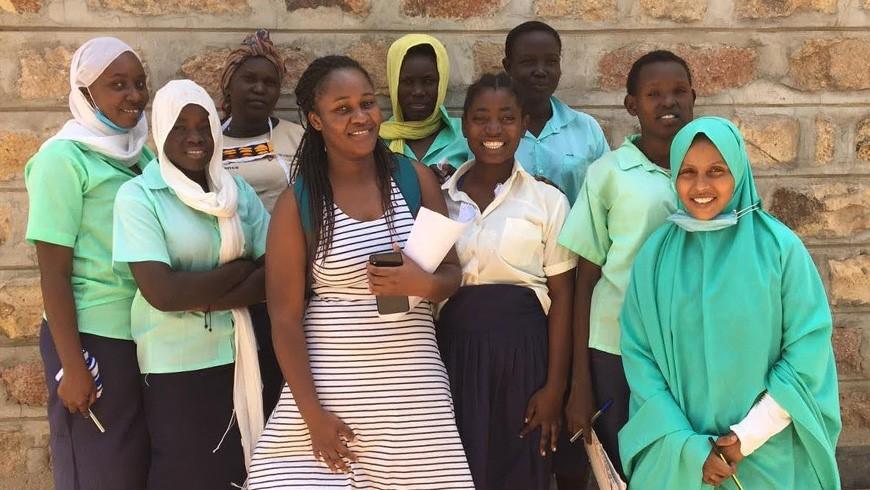
My passion for refugee education started in 2016 when I read The Kite Runner by Khaled Hosseini, a heart-breaking story of the Afghan refugee crisis. At the time, I was just finishing my undergraduate program, and I remember reflecting on the tough education situation here in Kenya. I was already passionate about education and interested in understanding why inequality in education mostly affects children from low-income families. When I realized the struggles shared in Hosseini’s book mirrored the happenings in my home country, I started researching and reading widely to understand the root causes of refugee crises. In 2017 I learned that the University of Nairobi had an Education in Emergencies (EiE) program, and I enrolled.
The three core protection requirements of refugee education—physical, psychosocial, and cognitive—have really inspired my journey. My fieldwork in this area has been rich and informative, with visits to refugees living in urban areas and in camps. Exploring different countries like Rwanda, Ethiopia, and Uganda, meeting refugees of different nationalities, hearing their stories of struggle, and learning about their hope has informed my thinking and action towards supporting refugees, especially girls.
My personal focus is ensuring continuity of education for those who are most vulnerable in refugee camps, especially girls, who face numerous challenges, including sexual harassment on the way to and from school, sexual assault, early marriage, and teen pregnancies. This focus propelled me to visit the Kakuma refugee camp in the northwestern region of Kenya, which I consider a foundational event in my EiE journey. When I interviewed some of the girls at the camp, they boldly talked about how they came from poor backgrounds and how education is the only tool that will break the cycle of poverty in their lives. They shared that they were afraid to be in foreign and harsh regions where schools are miles away and where they feel like they are being forced to learn. I felt very emotional, and I tried to motivate the girls by reminding them that education is power, and helping them understand that there are scholarships to further their studies, and that they can have a great future if they work hard in school.
As part of my postgraduate degree research, I implemented a study at the camp that focused on the influence of female teachers’ protective intervention measures on refugee girls’ participation in secondary education. The study found that female teachers at Kakuma play a crucial role in protecting refugee girls and ensuring that school is a safe haven for them. The fact that many of the teachers were young meant that they could relate to some of the challenges facing their female students, enabling them to offer guidance and motivation from a place of understanding, and to build the girls’ self-confidence. One of my takeaways from these findings is that when we encourage and train more female teachers in refugee education, we give indirect voice and empowerment to the refugee girls in the camps.
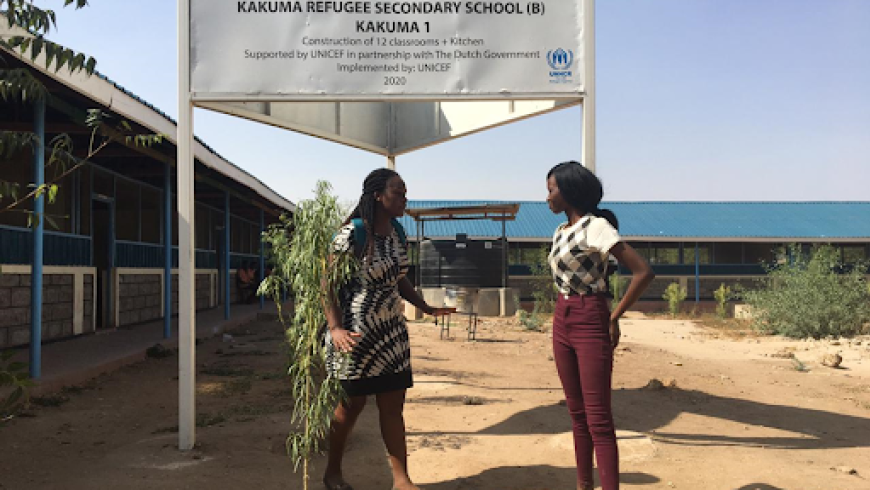
My passion for education also led me to become a fellow with Teach For Kenya, an organization I consider amazing. I am currently in my second year and so far the fellowship has equipped me with leadership skills that have helped me effect change beyond my classroom, including an informal and fun literacy club I started for young urban refugee learners. The club helps them acquire literacy skills through dramatization and songs.
Moving forward, I believe education in emergencies has not been fully explored in the African region because many refugee camps are located in countries such as Ethiopia, Sudan, DRC Congo, and Cameroon, where war is still going on. If we don’t prioritize education for these vulnerable groups then we will have a generation of people with shattered dreams, and lives. It is my dream to see every refugee child access their fundamental right to an education that will protect their physical, psychosocial, and cognitive wellbeing.
To learn more about Racheal’s work, listen to her podcast and visit her blog. Racheal also moderates global sessions on topics surrounding forced migration and refugees, and hosts Bosch Alumni Network virtual continental tours on migration and refugees.
Learn more about Teach For All's Education in Emergencies and Girls' Education initiatives.
